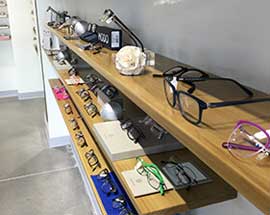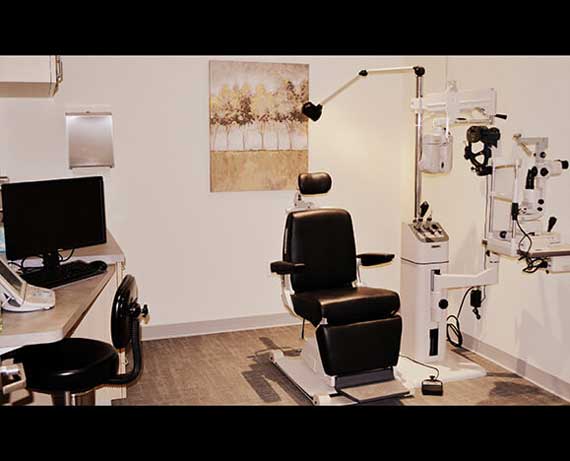If any of your eye structures become impaired, this may result in vision problems like glaucoma, a “silent disease” that is one of the leading causes of blindness worldwide. Here, Six One Six Vision Center’s expert eye doctor in Meridian, Idaho, answers common questions about glaucoma to shed light on the condition and how to prevent it.

What Causes Glaucoma?
Intraocular pressure (IOP)—the level of pressure in your eye—is maintained by fluids in your eye chambers. In a healthy eye, these fluids drain through a trabecular meshwork found in the angle between your iris and cornea. For unknown reasons, this process sometimes becomes inefficient, leading to an accumulation of fluids in the eye—the condition known as glaucoma.
How Does Glaucoma Affect My Vision?
IOP rises as the volume of fluid in your eye chambers increases. This excess pressure can damage your optic nerve, which controls the transfer of light impulses to your brain. When this happens, you may experience vision problems. Left untreated, this condition can cause irreversible vision loss.
What Are the Types of Glaucoma?
There are two main classifications of glaucoma: open-angle and narrow-angle. Open-angle glaucoma, the most common type, occurs when the mesh channels become inefficient at draining the fluids in your eye, even when the angle is unblocked. With narrow-angle glaucoma, the space between the iris and cornea becomes restricted, causing fluid buildup. This is often associated with the sudden onset of blindness.
What Are the Manifestations of Glaucoma?
Though glaucoma can lead to blindness, it is usually asymptomatic in its early stages. Once it progresses, you may start seeing halos around lights, as well as dark spots, which may progress to tunnel vision and, potentially, blindness. You may also experience severe headaches, nausea, or vomiting. Increased sensitivity to light and blurred vision are common symptoms of glaucoma.
What Are the Recommended Treatments?
The best thing you can do to prevent glaucoma is visit your trusted optometrist in Eagle, Idaho, for regular eye exams. Six One Six Vision Care can perform a tonometry exam to measure your IOP. If the reading is above 22 mmHg, they may prescribe medicated eye drops to lower it. If your symptoms persist, they may recommend microsurgery or laser trabeculoplasty to stimulate the mesh channel’s draining functions.
Six One Six Vision Center provides premier eye care services to manage glaucoma and improve your quality of life. From performing preventative eye exams to prescribing high-quality eyeglasses in Meridian, Idaho, they are ready to help you. Call Six One Six Vision Center today at (208) 514-1858, so they can check your eyes for any signs of glaucoma.




